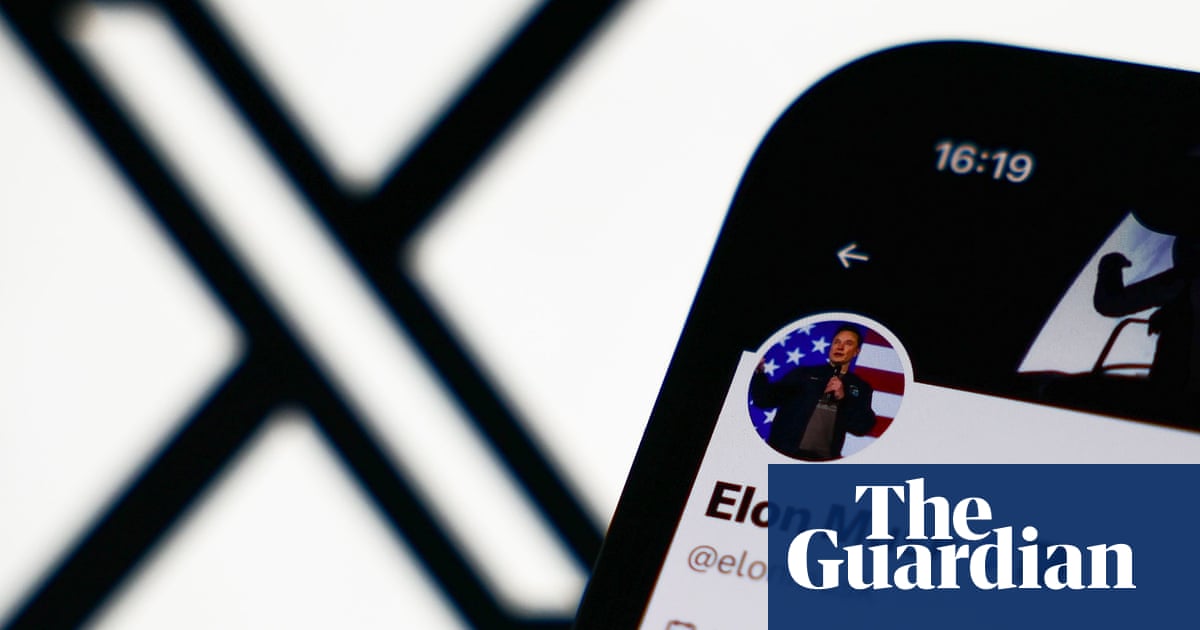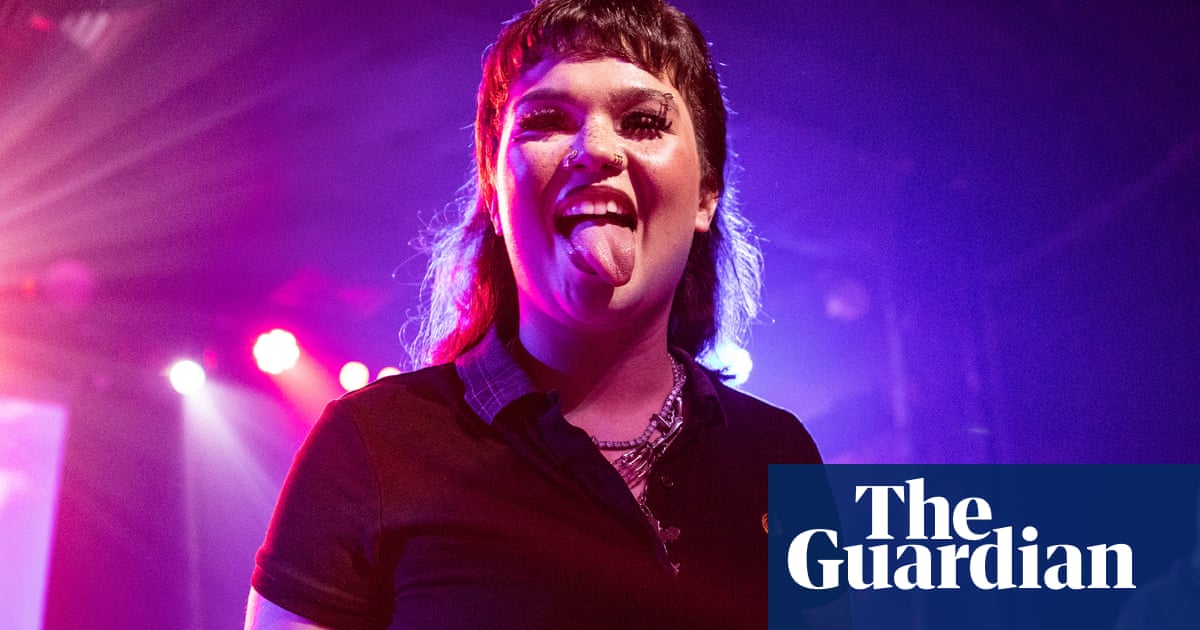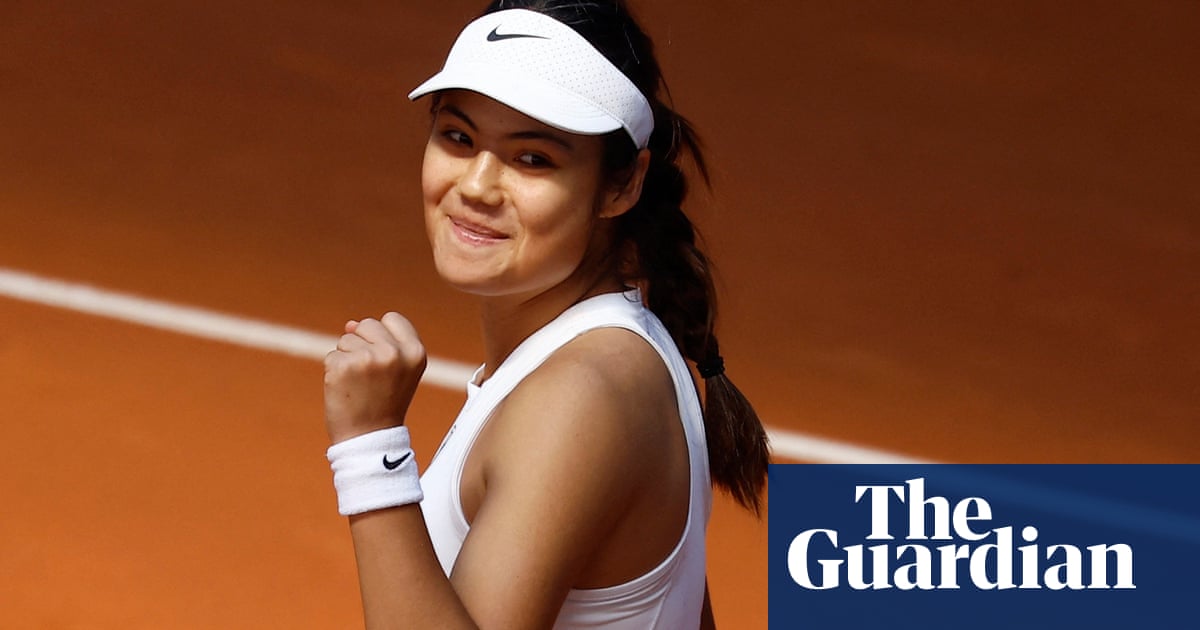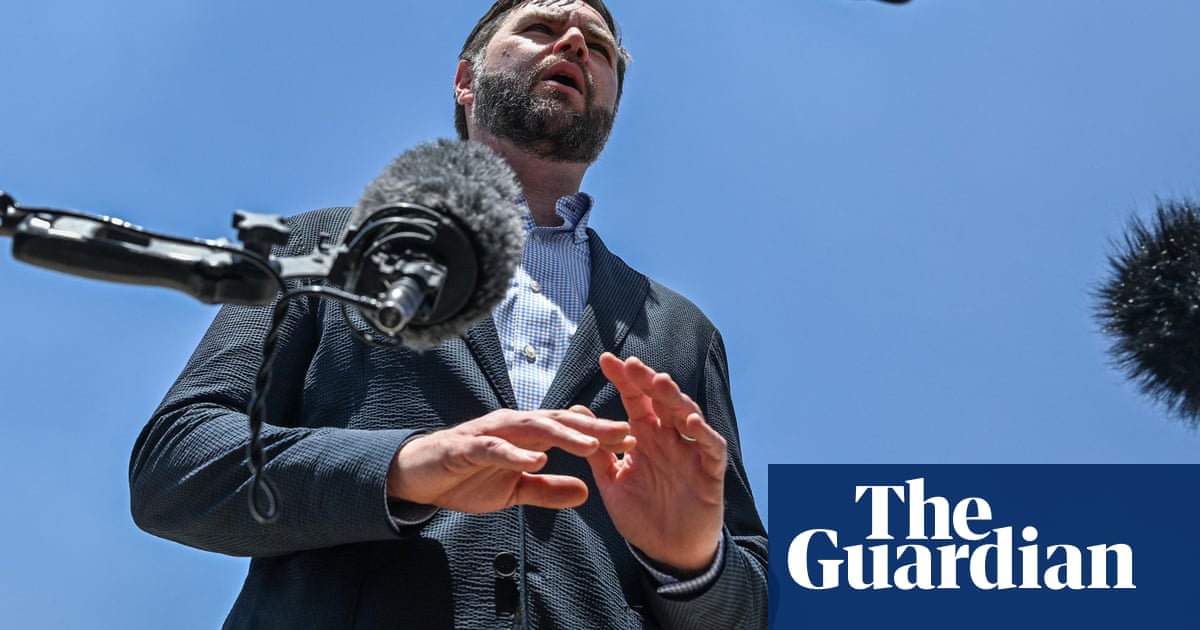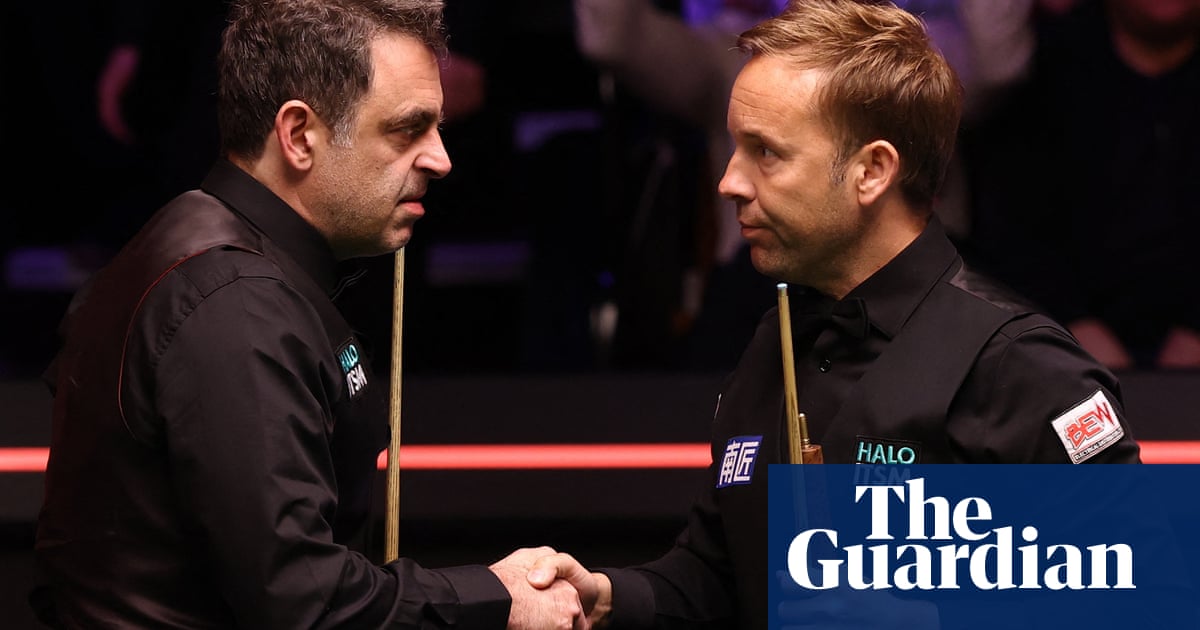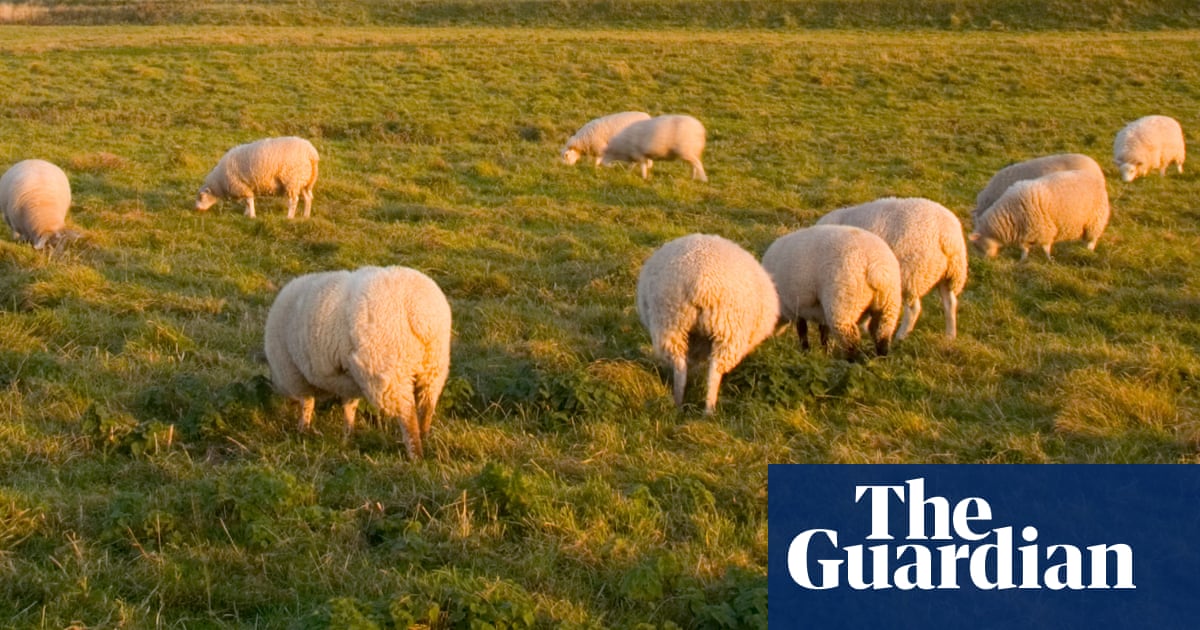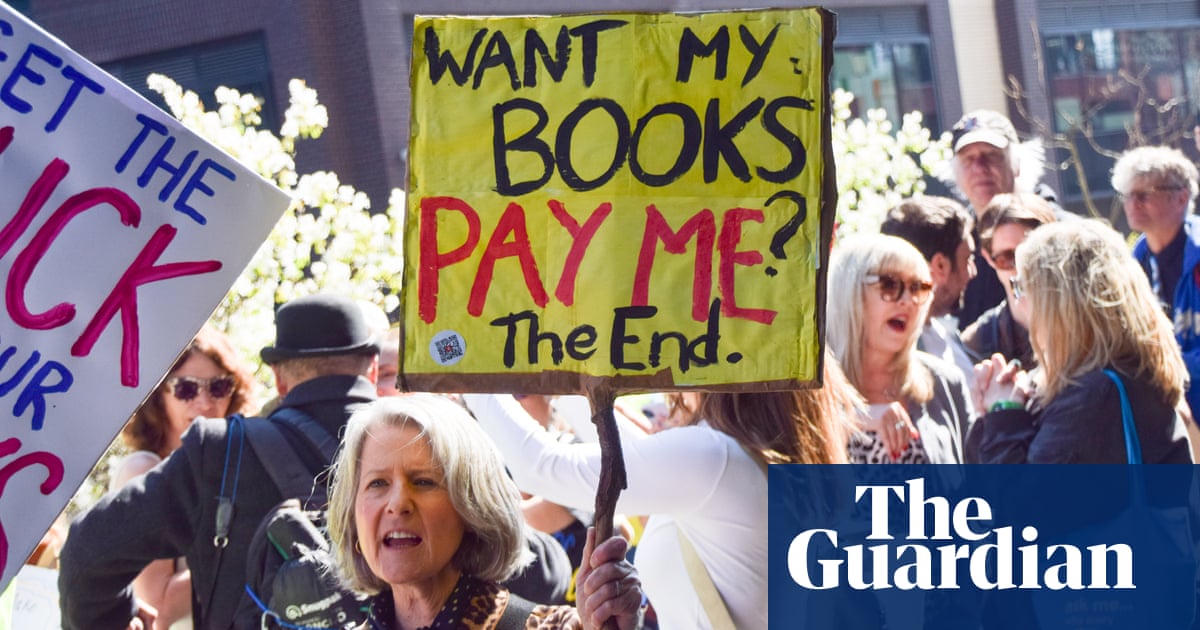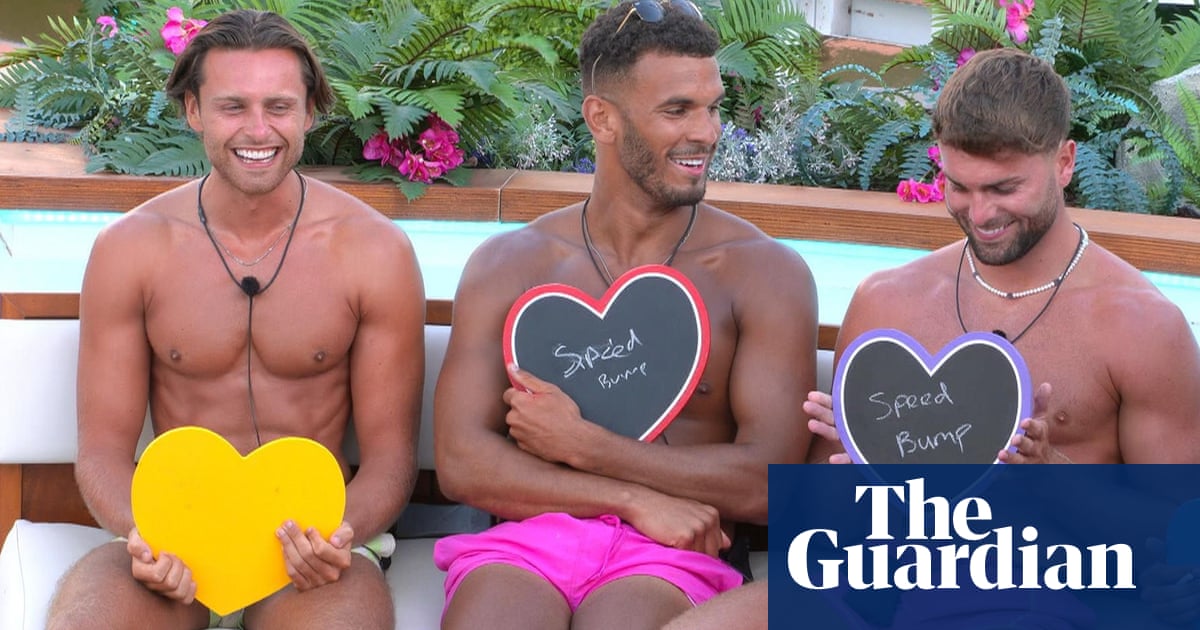Before Nicola Walker and Stephen Mangan appeared on The One Show last year to promote the Christmas special of their BBC divorce drama The Split, they were warned not to go into too much detail about their next project: Mike Bartlett’s three-hander Unicorn, in which they play Polly and Nick, a married couple who bring a younger woman called Kate into their relationship.
Walker, joined by her co-stars in an empty London theatre bar, sets the scene: “We were told: ‘This is a tea-time show, so don’t say anything about the, um, sexual nature of the play.’” The three actors are seated today in a row behind a table, rather as if they are interviewing me for a job. Sandwiched between Walker and Mangan, suitably enough, is Erin Doherty, who starred as Princess Anne in The Crown and will complete the on-stage throuple.
Walker looked unimpressed when The One Show’s hosts referred to Unicorn as “racy”. What would be a better description? “Provocative,” says Mangan. “Or explicit.” Precisely how explicit remains to be seen. The sex in Cock, Bartlett’s 2009 play about a different kind of love triangle, was expressed verbally rather than physically, whereas one stage direction in Unicorn reads: “They have sex.” Is it a coincidence that this occurs on page 69 of the script? “I didn’t notice that!” shrieks Doherty. Mangan raises an eyebrow. “You’ve unlocked something there,” he says.
Theatre audiences may be reassured, initially, to see Mangan and Walker happily married in the play, after all the turmoil they’ve gone through together on TV. “No one should expect The Split on stage,” Mangan says. “But the fact that Nicola and I are so comfortable together has been helpful. When you’re acting with someone new, it can often be like: ‘Meet Sue. You two have been married for 25 years. And – action!’”

It suits the dynamic of Unicorn that Doherty, who is 32, should feel like an interloper joining this long-established fictional couple in their mid-50s. “I don’t have to imagine that situation,” she says. “Most of the time in rehearsals, it does feel – not in a horrible way – as if I’m watching something from the outside.” Walker adds: “Kate is waiting for Polly and Nick to make up their minds about what they want.”
Doherty was familiar with her co-stars, having watching The Split long before she was cast in Unicorn, an admission that causes Walker to turn suddenly in her seat: “You watched The Split?” she asks. Doherty replies: “It’s not like I was going to talk to you about it! I don’t want to be that guy.” Walker shoots back: “Well, I told you I’d watched The Crown.”
Both shows have huge fanbases, although Doherty tends not to get bothered much in public, perhaps because she looks and sounds nothing like she did while portraying Princess Anne. “And maybe,” suggests Walker, “you’re not so approachable if you’re playing a royal.” Mangan, however, has found himself upbraided by fans of The Split. “I get told off a lot for cheating on Nicola Walker,” he says. “Well, I did cheat on you,” she reminds him. “That’s what I always tell them,” he replies.
One difference with Polly and Nick – and it’s a crucial element in Unicorn – is that they are still deeply in love after all these years. For them, polyamory is not a sticking plaster but rather a pleasure-seeking mission, as well as an insurance policy against future stasis. The hazards of embarking on their sexual adventure with Kate are weighed up endlessly by the couple, but Unicorn is clear that there can be just as much danger in staying put, closing off options, risking stagnation. “The play isn’t saying that the way forward necessarily lies in three people,” Mangan explains. “But sometimes, if it’s the right three people, it can work.”

Perhaps there will be a quantifiable Unicorn effect on the audience, with relationships branching out, or breaking up, after exposure to all the ideas in the play. “I’m curious about the reaction,” says Mangan. “It’s not the usual boy meets girl story.” He looks around the empty bar. “I expect this will be quite a lively place in the interval. People will have strong opinions about what they’ve seen.”
Walker remembers that kind of atmosphere at the original London production of David Mamet’s male v female campus drama Oleanna at the Royal Court in 1993. “There was that charged feeling in the auditorium,” she marvels. “Couples disagreeing about what was going on. It would be interesting if Unicorn turned out to be provocative in that way.” Mangan adds: “I have no idea whether people are going to laugh, be appalled or be angry.” Walker offers another option: “Or be turned on.”
She argues that the play’s message reaches far beyond the concept of polyamory: it’s about remaining open to new ideas, embracing change rather than clinging to the past. “Nick has this speech about how things can’t be different if you lose the capacity to imagine them differently,” she says. “I see the play as a love letter to the human imagination: you’ve got to be able to imagine another world first …”
Mangan takes up the idea: “Then you might be able to achieve the impossible.” In Unicorn, that translates into not just sexual and emotional idealism but also the environmental sort. Surprisingly, perhaps, for so lively and funny a piece of writing, the prospect of global catastrophe will be strongly felt on stage – as it was in Bartlett’s 2010 play Earthquakes in London, which addressed the climate emergency in a narrative stretching from 1968 to 2525.
But back to the domestic. What has Mangan done to keep things fresh in middle age? “What, in my marriage?” he says, looking horrified. Then he ducks the question. “We’re lucky as actors because you start again every time you begin a new job. It’s like the first day of school when you walk into rehearsals: you’re back to that nervous, frightened feeling, wondering if you can do it. You’re always taking that exhilarating leap into the dark.”

So he doesn’t need to seek adventure, like Polly and Nick do, because he finds it at work? “No, I just know it’s a luxury for your job to involve exploring relationships and risk-taking and how to not let yourself atrophy. Then you can go away privately and think about what you might do differently in your life.”
His character proposes a “truth buffet” but it sounds as if the cast are pigging out on a whole banquet of Bartlett’s ideas. “There are days when we’ve spent hours picking away at one scene, bringing our own experiences to the conversation,” says Doherty, practically licking her lips. “That’s the nature of brilliant writing: it can be pulled apart and still maintain its genius and integrity. This play is indestructible! You could set it alight, rip it up. You can keep trying to find all the answers but, wonderfully, you’ll never get them because it’s never one thing. It keeps shifting.”
Walker cites one of Polly’s misty-eyed speeches, in which she appears to be trundling complacently down memory lane before a hairpin bend brings us up sharp. From big-age-gap relationships in movies to the lot of the straight male in modern society, Bartlett’s speciality, says Walker, is “throwing these massive idea-bombs into the audience”.
In 2022, Doherty starred in the National Theatre’s rain-soaked production of Arthur Miller’s The Crucible, her performance “staunch and febrile” according to Variety magazine. Can she see Unicorn’s truth buffets and idea-bombs enduring in the way that Miller’s have? “Yeah! This play is gonna get done and done and done. People will bring so many different angles, ‘What if we do it this way, or flip it that way?’”
Then she stops abruptly, palms flat on the table. “Genuinely, this thought just came into my mind,” she says, glancing at her co-stars. “Wouldn’t it be amazing to see other people do it?”
“Ooh,” Walker gasps. “I like that.”
“I’d love to see three other actors do this play,” Doherty continues.
A pause.
“I mean – not, like, this week,” says Walker.
“Or even this decade,” Mangan adds.
“No,” Doherty reassures them. “But one day.”

.png) 2 months ago
25
2 months ago
25




